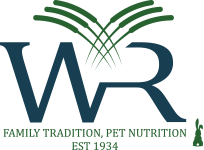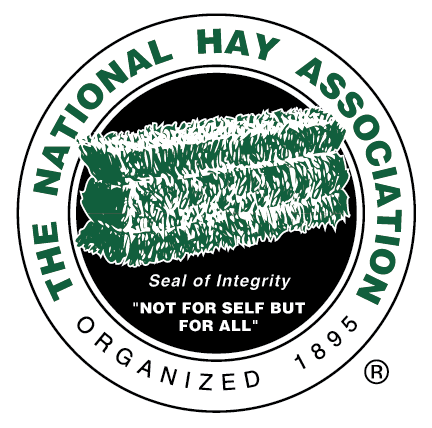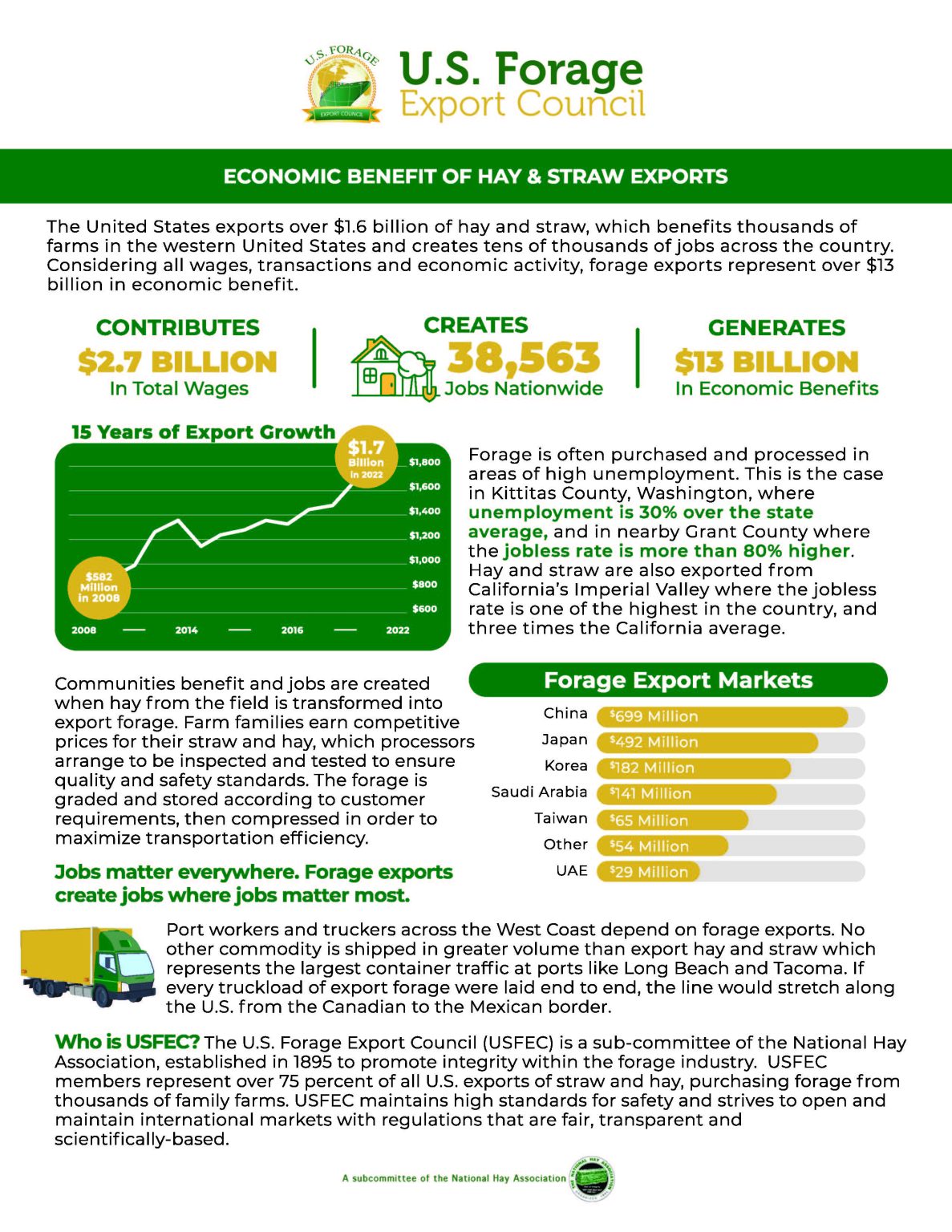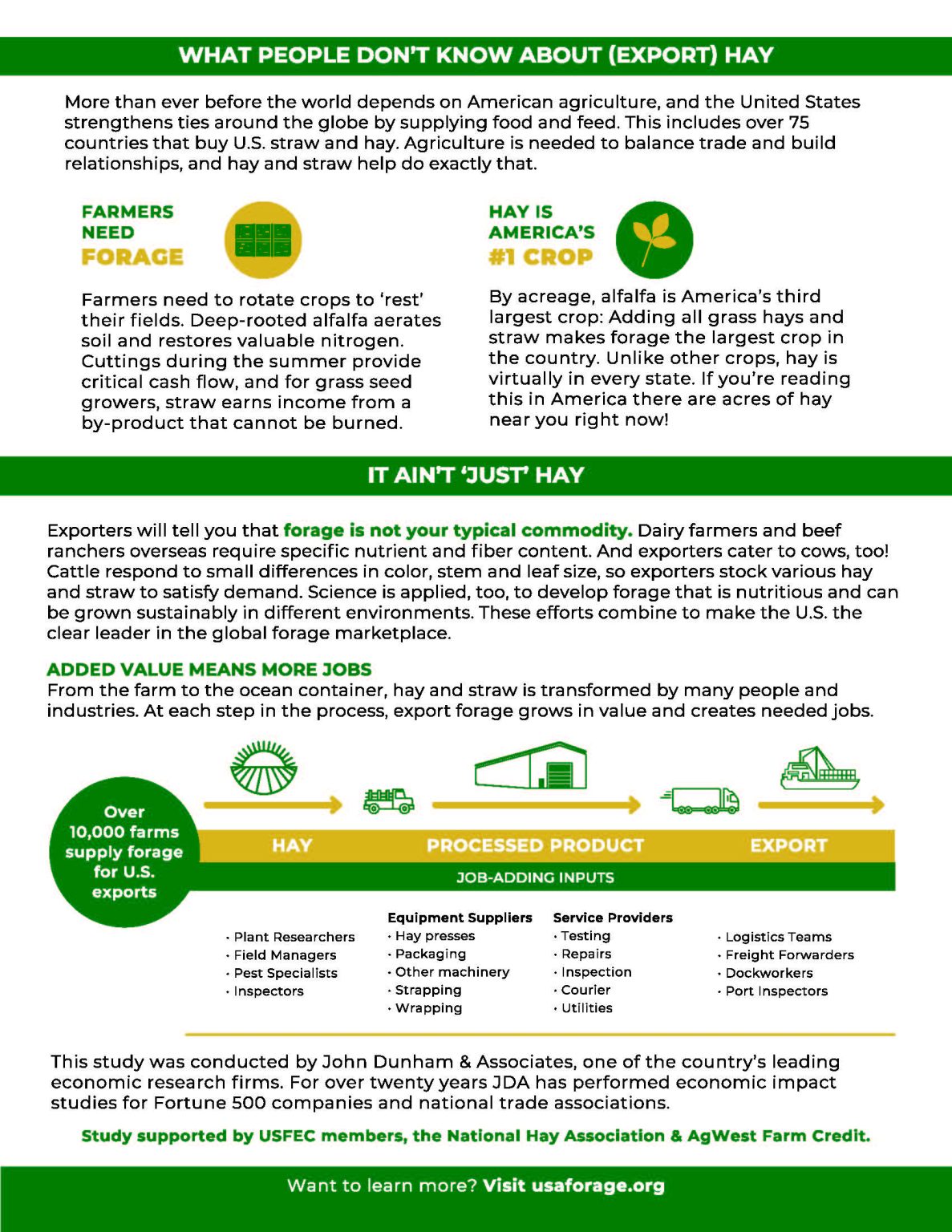Ward Rugh was founded in 1934 to be a premier supplier of quality hay and forage crops.
With almost 90 years of experience, it’s not just a business to us—it’s a tradition.
That doesn’t mean we haven’t seen change – we’ve been witness to plenty of development in the growing, harvesting, and marketing of forage crops. As more and more customers discovered the benefits of feeding their thoroughbred horses forage grown in the Kittitas Valley, our products and service grew in demand throughout the United States. In the 1970s, Japanese racehorse owners discovered the value of Kittitas Valley Timothy hay, and since 1980s the Japanese racehorse and dairy industries have been valued partners.
One thing that has not changed in 90 years is our commitment to building strong relationships with farmers and our community. We are proud to be working with 2nd and 3rd generation farmers to deliver on our mission: family tradition, pet nutrition. We’re here to provide you with the best possible service and your animals with the highest quality feed.
Our roots as a family business make us immensely proud, and we are grateful to continue serving the loyal customers who have been with us from the beginning. Today we are excited to be able to serve a new group of customers – small pet owners who want the highest quality hay delivered directly to their homes.
So, whether you’re a seasoned operator, or just starting the exciting journey of pet companionship, Ward Rugh is here to support you every step of the way. Trust us to provide dependable information, exceptional service and the highest quality product available – that’s what we’re all about.
family tradition, pet nutrition
Dedicated to continued success
National Hay Association
As a member of the National Hay Association and committee member of the U.S. Forage Export Council (a sub-committee of NHA) we are also dedicated to continue to find and adopt ways to improve food safety in forages not only for the animals that consume our products but for the humans that eat the by-products of these animals. This committee (USFEC) works closely with the Japanese import groups and members of the Japanese Ministry of Forestry and Agriculture to accomplish these goals.

